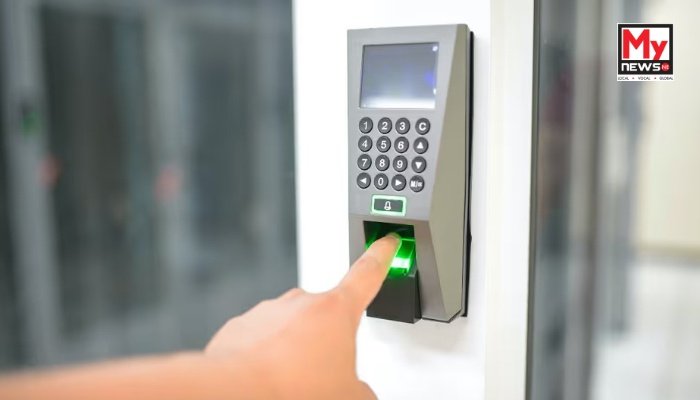Tripura to Roll Out Biometric Attendance in Tribal Hostels, Eyes Digital Overhaul
Agartala — In a significant push toward digitisation and transparency, the Government of Tripura has announced that all state-run tribal hostels will soon be equipped with a biometric attendance system. The initiative, spearheaded by the Tribal Welfare Department, aims to tighten monitoring mechanisms and ensure better accountability in student attendance.
Currently, the department oversees 164 tribal hostels across the state, while another 43 hostels operate under the Tripura Tribal Areas Autonomous District Council (TTAADC). With an annual expenditure of ₹80 crore allocated for the operation of these facilities, the government is now focused on streamlining management systems and improving student amenities.
The announcement came after a recent review meeting chaired by Tribal Welfare Minister Bikash Debbarma. According to department director Subhasish Das, the biometric attendance system will first be implemented in hostels directly managed by the department. Boarders will be required to mark their presence twice daily—once in the morning and again in the evening. This, officials believe, will curb malpractices and improve hostel discipline.
The second phase of the rollout will bring the same technology to TTAADC and NGO-run hostels. For this, a customised software system is currently in development to handle attendance data efficiently.
Alongside this technological intervention, the department has proposed raising the daily food allowance from ₹80 to ₹120 per student in light of rising costs. Das also revealed plans to introduce smart classrooms in 100 hostels in the initial phase, with all digital lessons being managed centrally from Agartala. The goal is to bridge the educational gap by integrating technology into hostel life.
Further strengthening the digital ecosystem, hostels will also receive digital libraries powered by high-speed 5G internet. Solar lighting systems are being planned to promote sustainability and ensure uninterrupted power, especially in remote areas.
To encourage hygiene and environmental responsibility, a “Clean and Green Hostel” competition will be launched, recognising hostels at subdivision, district, and state levels. Additionally, a proposal has been submitted to appoint full-time superintendents for every hostel to ensure smooth operations and effective management.
Through these reforms, the Tripura government seeks to not only modernise hostel infrastructure but also reinforce its commitment to the education and welfare of tribal students.
Read More: Sikkim Governor Flags Off Annual Health Camp to Mark 50 Years of Statehood

